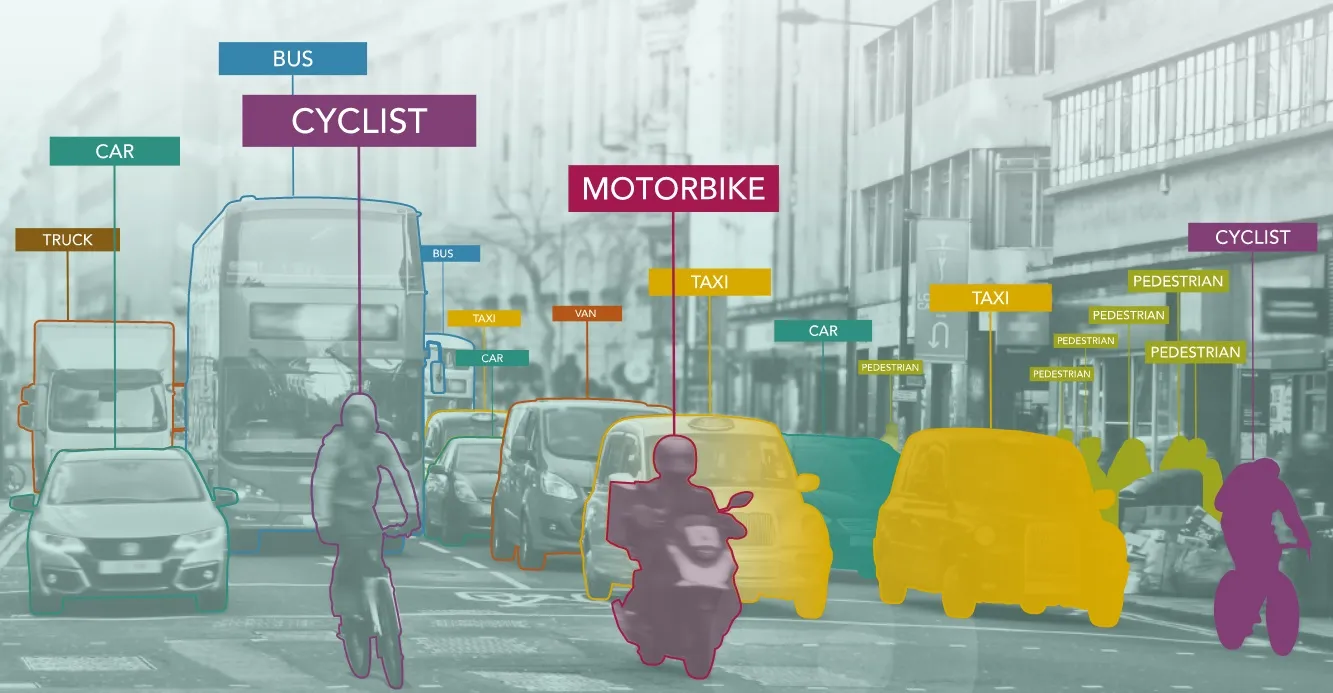Kapsch TrafficCom is to deliver 30 roadside co-operative ITS (C-ITS) devices over two years in support of a connected vehicle trial in Australia.
This project, led by the Queensland Department of Transport and Main Roads, will seek to develop C-ITS technology to reduce road and pedestrian deaths in the Australian state.
From late 2019 onwards, the roadside units will be located along a distributed roadside ITS station network in and around the city of Ipswich in Queensland. Around 500 public and fleet vehicles will be retrofitted with C-ITS technologies to assess the safety benefits as part of the Ipswich connected vehicle pilot.
Various vehicle to infrastructure (V2I) and vehicle to vehicle (V2V) safety applications will be tested. These include warnings for in-vehicle speed, emergency braking, red lights, turning for VRUs and road works.
Mark Bailey, Queensland minister for transport and main roads, says the initiative provides an opportunity for the Queensland government to show road users the safety-related features of co-operative, or connected vehicle technologies.
In October, the Australian government signed a memorandum of understanding with the US state of Michigan to develop vehicle and road systems to help improve road safety.
Kapsch to deliver 30 C-ITS devices for Australian connected vehicle pilot
Kapsch TrafficCom is to deliver 30 roadside co-operative ITS (C-ITS) devices over two years in support of a connected vehicle trial in Australia.
This project, led by the Queensland Department of Transport and Main Roads, will seek to develop C-ITS technology to reduce road and pedestrian deaths in the Australian state.
From late 2019 onwards, the roadside units will be located along a distributed roadside ITS station network in and around the city of Ipswich in Queensland. Around 500 public and fleet ve
December 11, 2018
Read time: 2 mins








